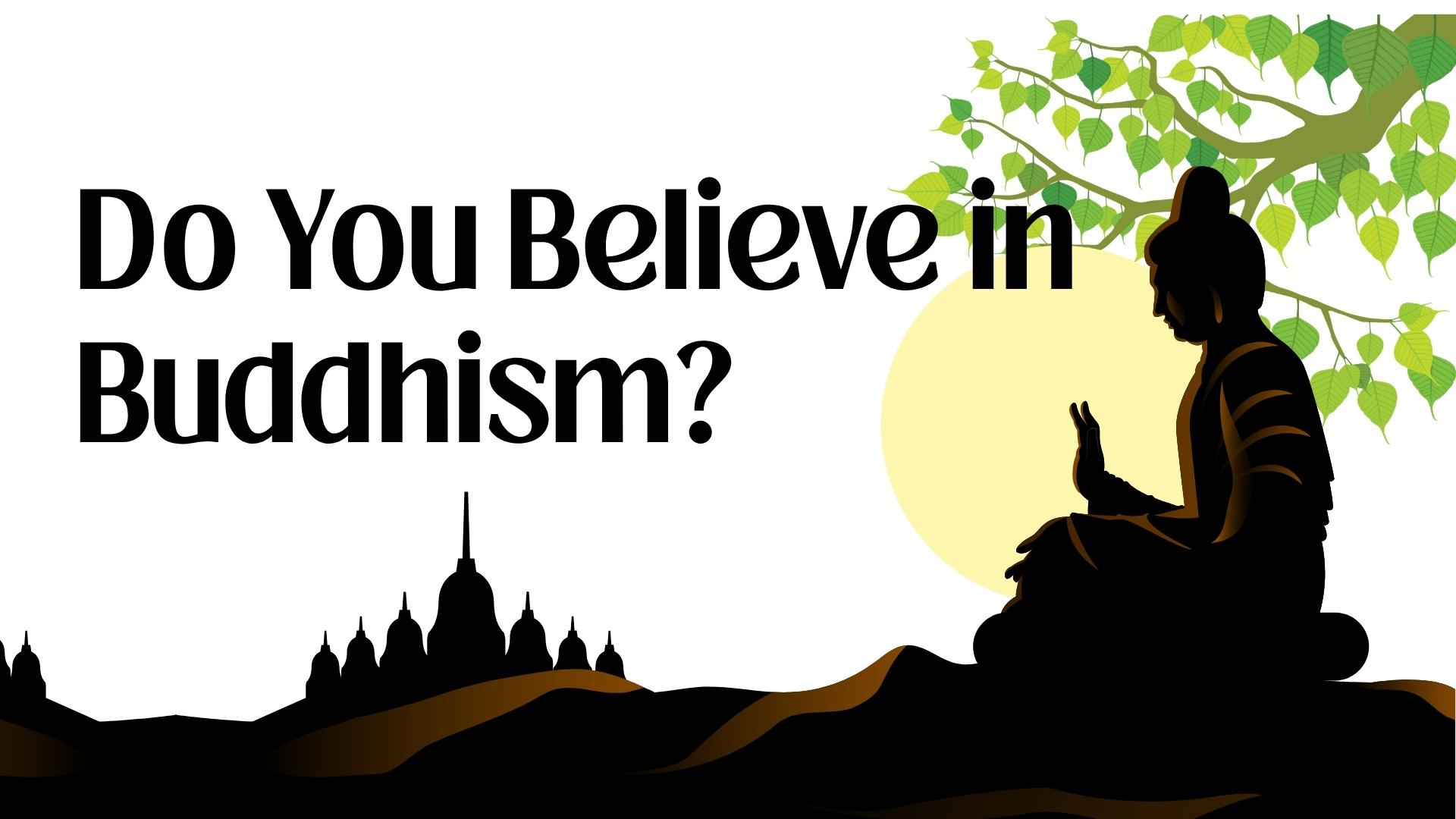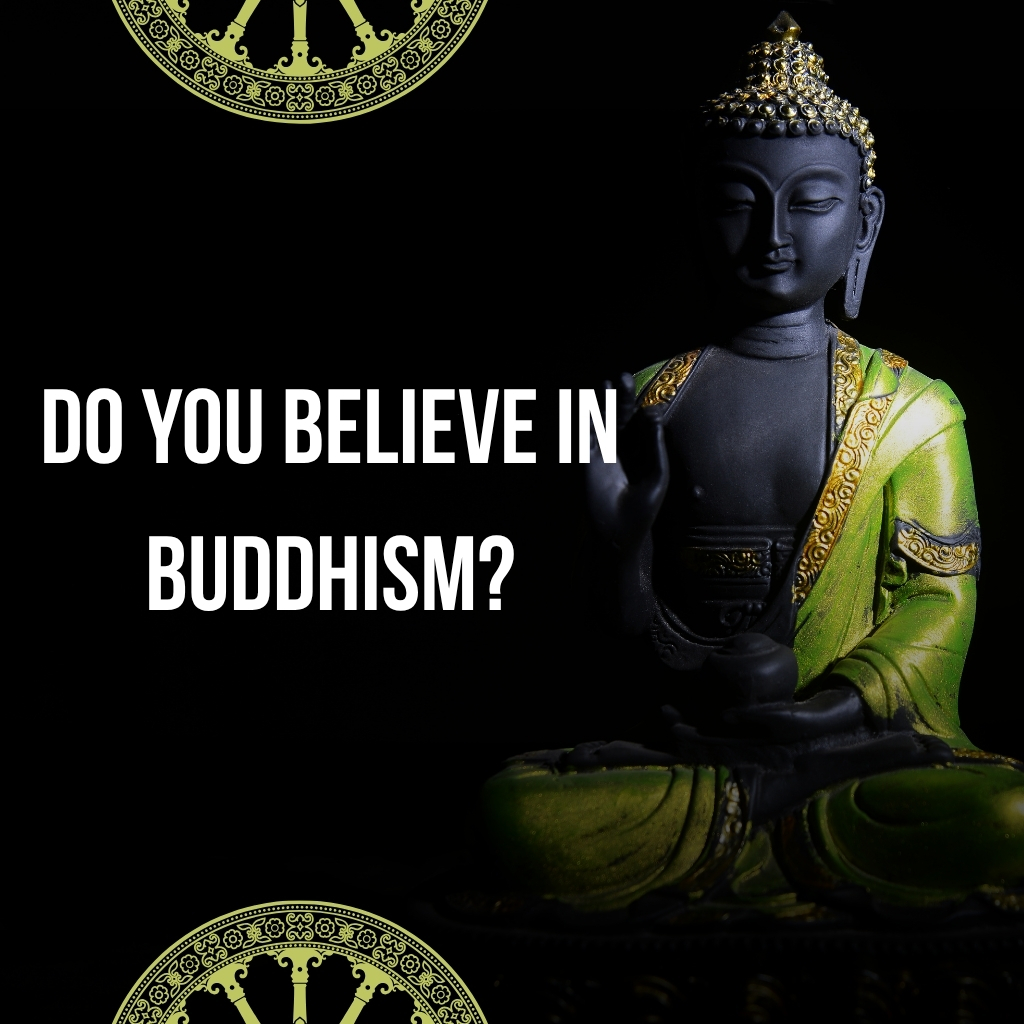“Do you believe in Buddhism?” is a question that invites deep reflection—not just about faith, but about philosophy, practice, and worldview. Unlike many other world religions, Buddhism is often described as less a system of belief and more a path of practice and personal transformation. This article will explore what it means to “believe in Buddhism,” the core teachings of the Buddha, and how belief and practice interact in the Buddhist tradition. Whether you are curious, skeptical, or seeking a spiritual path, understanding Buddhism’s unique approach can offer valuable insights for your own journey.
What Does It Mean to “Believe in Buddhism”?

Belief vs. Practice in Buddhism
Unlike many religions that center around faith in a deity or a set of dogmas, Buddhism is often described as a “non-theistic” tradition. The Buddha himself encouraged inquiry, skepticism, and personal experience over blind faith. So, when someone asks, “Do you believe in Buddhism?” the answer can be more nuanced than a simple yes or no.
Key Points:
- Buddhism emphasizes practice and experience over belief.
- The Buddha encouraged followers to test teachings for themselves.
- Belief in Buddhism often means confidence in the path, not dogmatic faith.
The Role of Faith (Saddhā) in Buddhism
While Buddhism does not demand blind faith, it does recognize the importance of trust or confidence (saddhā) in the teachings and the path. This confidence grows through study, practice, and personal insight.
Types of Faith in Buddhism:
- Initial faith: Inspired by teachings or the example of others.
- Verified faith: Developed through personal experience and practice.
- Unshakable faith: Arises from deep realization.
Core Teachings of Buddhism
The Four Noble Truths
At the heart of Buddhism are the Four Noble Truths, which outline the nature of suffering and the path to its cessation:
- The Truth of Suffering (Dukkha): Life involves suffering and dissatisfaction.
- The Truth of the Cause of Suffering (Samudaya): Suffering is caused by craving and attachment.
- The Truth of the End of Suffering (Nirodha): It is possible to end suffering.
- The Truth of the Path (Magga): The Eightfold Path leads to the end of suffering.
The Noble Eightfold Path
The practical guide to ending suffering:
- Right View
- Right Intention
- Right Speech
- Right Action
- Right Livelihood
- Right Effort
- Right Mindfulness
- Right Concentration
Karma and Rebirth
Buddhism teaches that actions (karma) have consequences, shaping future experiences and even future lives. However, belief in literal rebirth varies among practitioners.
No-Self (Anatta)
One of Buddhism’s most distinctive teachings is the doctrine of “no-self” (anatta)—the idea that there is no permanent, unchanging self.
Comparing Belief in Buddhism to Other Religions
| Aspect | Buddhism | Christianity/Islam/Judaism |
|---|---|---|
| Central Figure | The Buddha (enlightened teacher) | God (creator, object of faith) |
| Core Focus | Practice, self-realization | Faith, worship, obedience |
| Afterlife Concept | Rebirth, Nirvana | Heaven, Hell, Resurrection |
| Role of Belief | Confidence in path, not dogma | Faith in God, scriptures |
| Authority | Personal experience, teachings | Divine revelation, scripture |
How Do People Practice Buddhism?
Meditation
Meditation is central to Buddhist practice. It develops mindfulness, concentration, and insight.
Ethical Living
Following ethical precepts (such as not killing, stealing, or lying) is foundational.
Study and Reflection
Many Buddhists study sutras and reflect on teachings to deepen understanding.
Community (Sangha)
Practicing with others provides support and guidance.
Can You Be Buddhist Without “Believing”?

Many people are drawn to Buddhist practices—such as meditation or mindfulness—without adopting the full worldview or metaphysical beliefs. Secular Buddhism, for example, emphasizes practical benefits over religious belief.
Key Points:
- You can practice Buddhist techniques without full belief.
- Many Western Buddhists focus on mindfulness and ethics.
- Buddhism welcomes inquiry and skepticism.
FAQ
Do Buddhists believe in God?
Most forms of Buddhism do not center around belief in a creator god. The Buddha taught about the nature of suffering and the path to liberation, not about worshipping deities.
Is Buddhism a religion or a philosophy?
Buddhism can be seen as both. It has religious aspects (rituals, temples, monastic communities) and philosophical teachings about the mind, ethics, and reality.
Do you have to believe in reincarnation to be Buddhist?
While traditional Buddhism includes belief in rebirth, many modern practitioners focus on the teachings and practices without literal belief in reincarnation.
What does it mean to have faith in Buddhism?
Faith (saddhā) in Buddhism is trust in the teachings and confidence in the path, developed through personal experience rather than blind belief.
Can you be an atheist and a Buddhist?
Yes. Since Buddhism does not require belief in a god, many atheists find its teachings compatible with their worldview.
Conclusion
Belief in Buddhism is not about accepting dogmas or worshipping a deity. Instead, it’s about confidence in a path of ethical living, meditation, and wisdom that leads to the end of suffering. Whether you are drawn to Buddhism for its philosophy, its practices, or its community, you are encouraged to explore, question, and experience for yourself.
Key Takeaway:
You don’t have to “believe” in Buddhism in the conventional sense to benefit from its teachings. Buddhism invites you to investigate, practice, and discover what works for you.